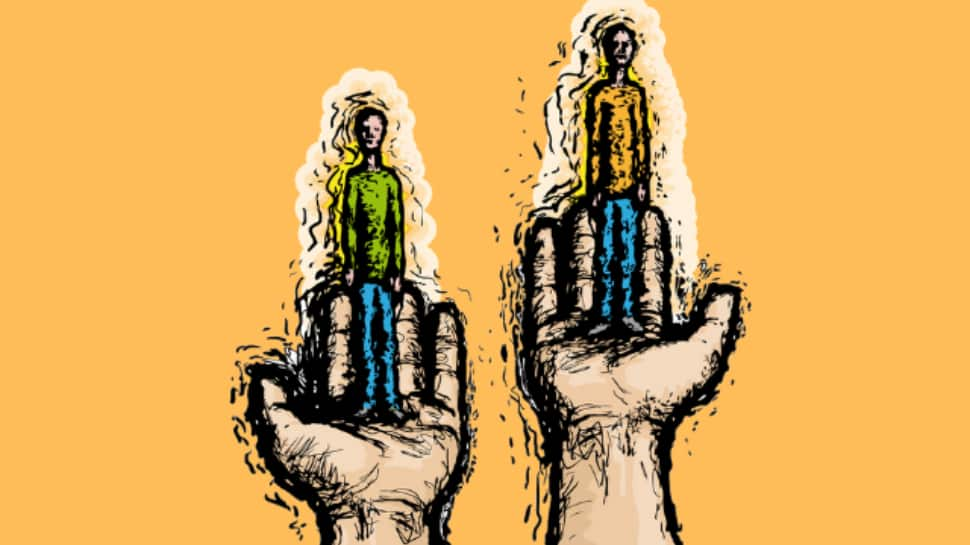5 Habits That Reflect A Weak Mindset
)
Significant habits that reflect a weak mindset include avoiding challenges, fearing failure, and consistently seeking comfort over growth. Individuals with this mindset may struggle with self-doubt and often give up easily when faced with obstacles. They may also rely heavily on external validation rather than developing self-confidence and resilience from within. These habits can hinder personal development and prevent them from reaching their full potential.

This habit means avoiding new and challenging situations because they seem difficult or risky. For instance, you might consistently choose easier projects at work that only use skills you already know, avoiding tasks that could help you learn new ones. Similarly, you might escape new activities or skills out of fear of failure. However, staying in your comfort zone can prevent you from growing and developing. Embracing challenges and accepting that failure is part of the learning process is essential for personal and professional growth. By avoiding new opportunities, you miss out on valuable experiences that could significantly benefit your development and expand your abilities.

Self-criticism, or negative self-talk, involves constantly doubting yourself. Instead of thinking, "I can improve with practice," you might think, "I'm not good enough," "I've failed," or "I'll never succeed." This mindset can make you feel discouraged and less likely to try new things or persevere through challenges. It’s like having a harsh inner voice that undermines your confidence and makes you believe you can’t achieve your goals, which can hold you back from reaching your full potential.

It’s important to remember that everyone is unique and develops at their own pace. When you frequently compare yourself to others, you focus on what others have or do, and it can make you feel inadequate. Instead of appreciating your own progress and strengths, you might dwell on how you underperform compared to others. This habit can lead to feelings of insecurity and lower motivation, as you’re more focused on others’ achievements rather than celebrating your own successes and working towards your personal goals.

Settling for mediocrity means accepting something that is just okay or average, instead of pushing yourself to achieve better or more satisfying results. For example, if you’re unhappy in a job but don’t make any effort to find a better one or improve your situation, you’re settling for mediocrity. This habit means not trying to make things better or reach higher goals. When you don’t aim for improvement, you miss out on chances to grow and find more fulfilling opportunities.

Blaming external factors means pointing fingers at things outside your control when things go wrong, instead of looking at what you could have done differently. For example, if you fail to meet a goal, you might blame it on bad luck or other people’s mistakes. This habit stops you from learning from your mistakes and making improvements. Taking responsibility and focusing on what you can do better helps you handle problems and grow.

